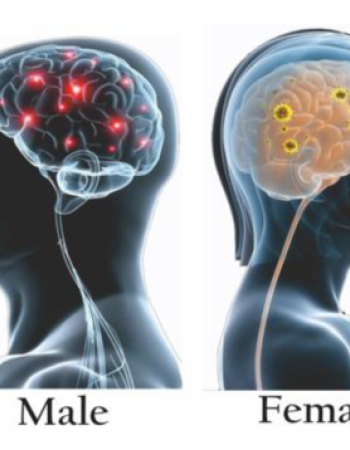Heterogeneity of human leukocyte antigen-G (HLA-G) expression in patients with Sjögren’s syndrome
Heterogeneity of human leukocyte antigen-G (HLA-G) expression in patients with Sjögren’s syndrome
To investigate the association between HLA-G gene polymorphisms and susceptibility to Sjögren’s syndrome (SS), and to evaluate serum soluble HLA-G (sHLA-G) levels in a Saudi population. HLA-G 14-bp Ins/Del and six selected single-nucleotide polymorphisms (SNPs) were genotyped in SS patients and healthy controls using multiple genetic models. Serum sHLA-G levels were quantified by Enzyme-Linked Immunosorbent Assay (ELISA). No significant associations were observed between the analyzed HLA-G polymorphisms and SS susceptibility. However, serum sHLA-G levels were significantly elevated in SS patients compared to controls (P = 0.005), indicating potential relevance to disease immunopathogenesis. While HLA-G gene variants showed no association with SS, increased sHLA-G levels may serve as a promising biomarker for the disease. Further studies are warranted to validate these findings and clarify the role of sHLA-G in SS pathophysiology.

To investigate the association between HLA-G gene polymorphisms and susceptibility to Sjögren’s syndrome (SS), and to evaluate serum soluble HLA-G (sHLA-G) levels in a Saudi population. HLA-G 14-…

Background: Coccidiosis is considered a protozoan disease affecting wild and domestic animal species which leads to economic losses. Regarding drug resistance, scientists are focused on…

Goldfish (Carassius auratus) gills function as both respiratory and immune-regulatory organs, integrating neuroendocrine and immune responses to environmental stimuli.

